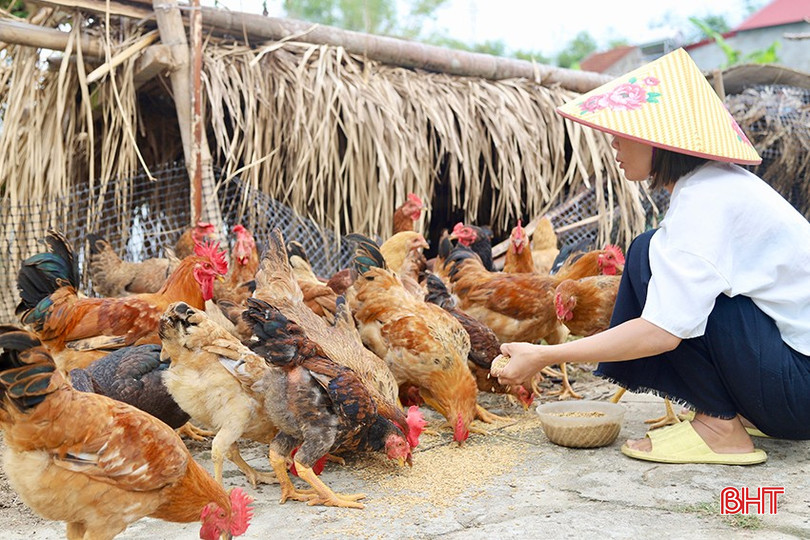
In recent days, along with overcoming the damage after storm No. 10, Ms. Nguyen Thi Ngan's family (Trung Tien village, Thien Cam commune) has proactively cleaned and disinfected the chicken coop. Heavy rains have caused the family's breeding area to be flooded, the coop floor to be wet, the food to be moldy, and the risk of disease outbreaks to be very high.
“With many years of experience in raising livestock, right after the flood receded, I spread lime powder, sprayed disinfectant in the farming area and supplemented vitamins and digestive enzymes for my family’s flock of 300 chickens. During days of changing weather, increasing resistance is a vital factor for the stable development of the flock of chickens,” Ms. Ngan shared.
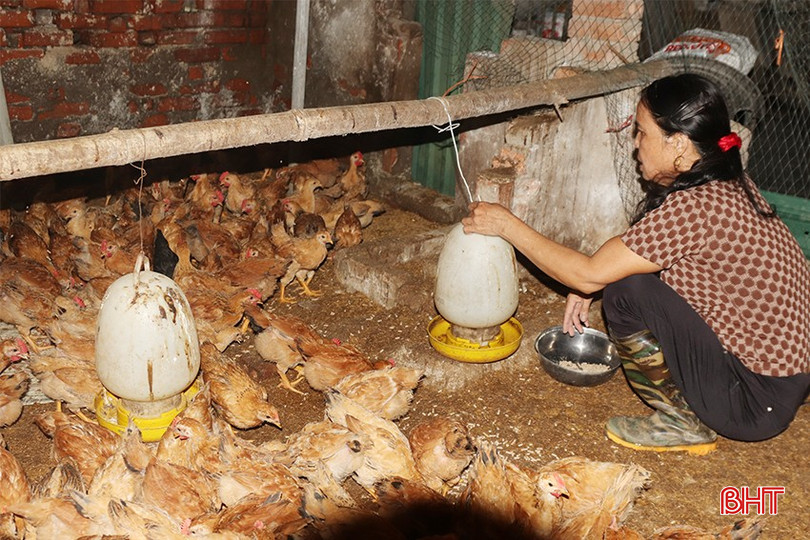
According to many chicken farmers, after storms, the resistance of livestock is significantly reduced. Therefore, in addition to cleaning the environment, farmers also proactively adjust their diets, increasing the amount of nutritious food to help the chickens recover quickly.
“In addition to focusing on environmental hygiene and nutrition, I also regularly contact the commune veterinary staff for guidance on additional vaccinations. In addition, my family also pays special attention to controlling the temperature and humidity in the coop, opening the ventilation doors when it is sunny to allow air circulation, limiting bacterial growth. In the evening, turn on the heater to keep the chicks warm. Only then will the flock of chickens be healthy, eat well and not lose weight,” said Ms. Nguyen Thi Lan (Kim Son village, Toan Luu commune).
For deer - one of the main livestock of Ha Tinh farmers, farmers are also focusing on post-storm care. Farmers are improving nutrition and hygiene to improve resistance and protect the deer from the risk of disease.
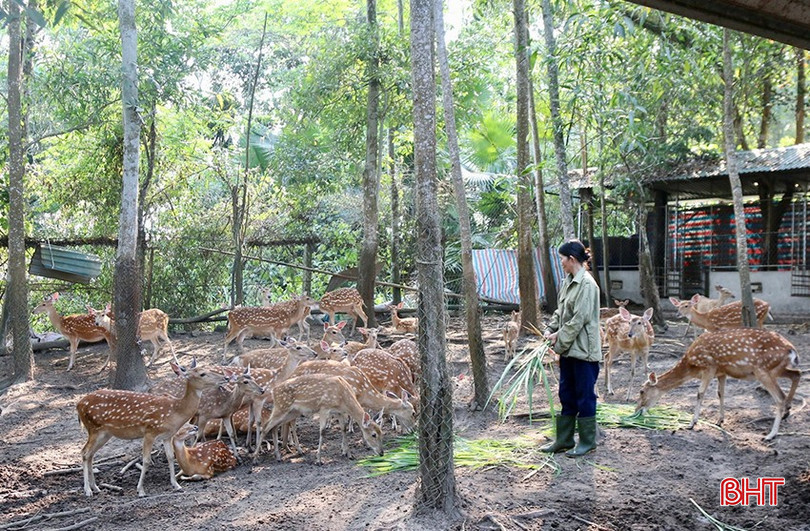
Ms. Tran Thi Linh (Song Con village, Son Giang commune) said: “My family is currently raising 17 deer. After storm No. 10, the barn roof was blown off, the rain leaked and the straw was all wet, I had to replace all the bedding and use disinfectants to kill bacteria. In addition, my family also increased the deer's diet with jackfruit leaves, corn, cassava, etc. and added minerals and vitamin B1 to improve their health.”
According to Ms. Linh, caring for deer after a natural disaster requires the breeder to be very careful and not be subjective. Every day, she carefully checks the behavior of each deer. If she sees any that are not eating or showing signs of fatigue, she immediately separates them for monitoring. In addition, she always keeps the barn dry and airy, cleans it regularly, and sprinkles lime around the breeding area to prevent pathogens.
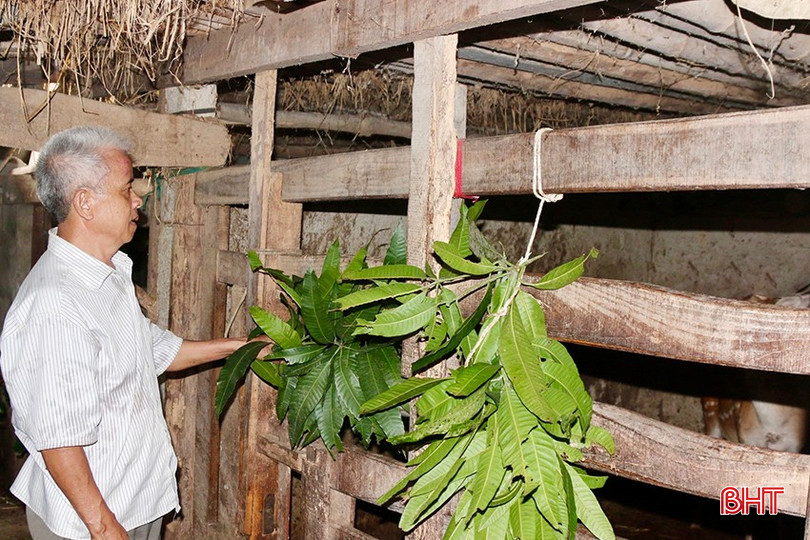
“Ensuring the health of the deer herd during this period plays a very important role because this will contribute to a successful deer antler season next year,” Ms. Linh shared.
In the context of increased disease risks after storms, pig care in small and medium-sized farms is being intensified more than ever. People focus on cleaning up the living environment and vaccinating to increase the resistance of livestock.
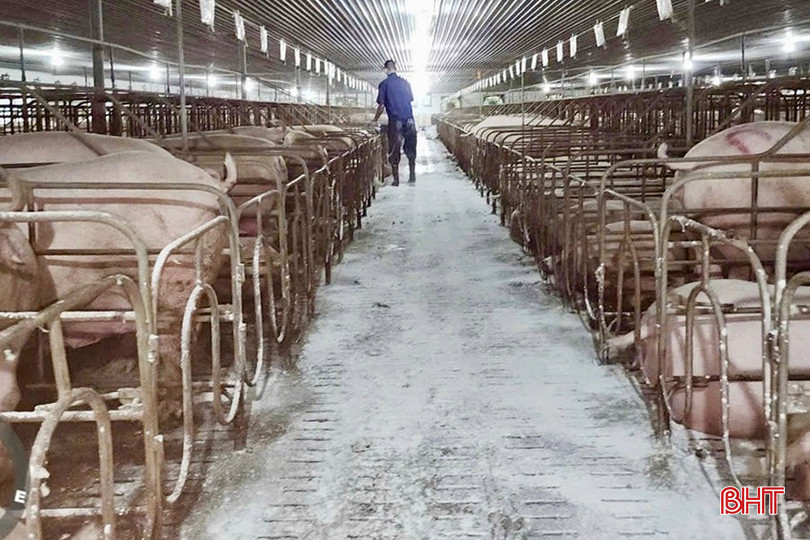
With a large scale of livestock, more than 1,000 sows, 800 pigs, Vu Son Duc Ecological Agriculture and Service Cooperative in Thuong Duc commune is actively implementing disease prevention solutions. According to Mr. Nguyen Khac Trieu - representative of the Cooperative, protecting livestock is the top priority to avoid double losses after natural disasters.
“The pressure to prevent the epidemic after the storm is very high on the farm. We have to mobilize maximum manpower to clean up, at the same time increase disinfection with high-capacity sprayers and mix antibiotics and multivitamins into the feed. This is a vital measure to protect capital and maintain stable production,” Mr. Nguyen Khac Trieu affirmed.
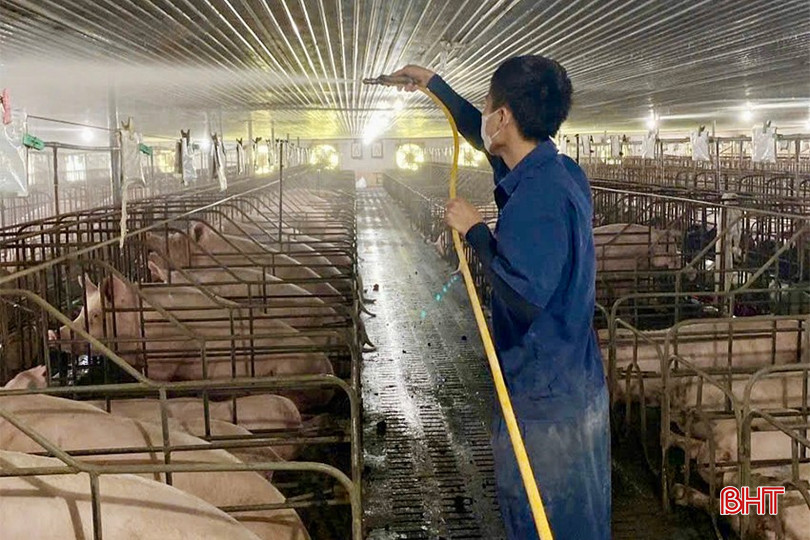
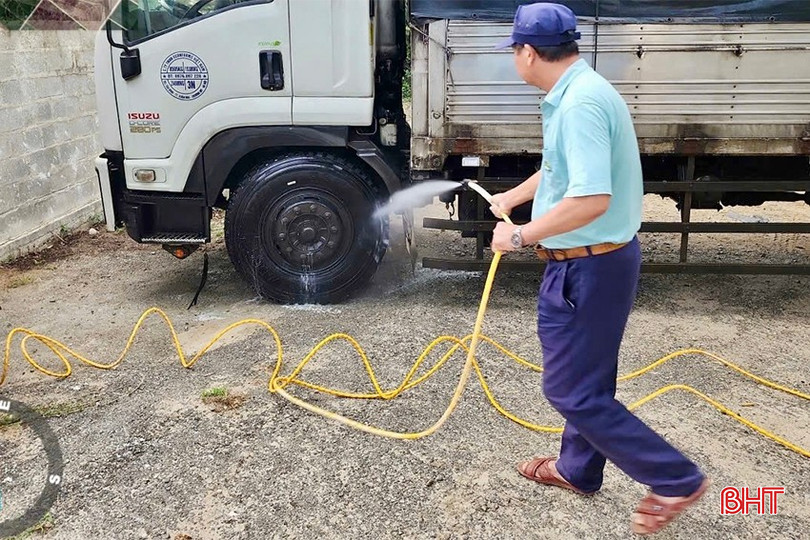
According to Mr. Trieu, this is the final stage of the year, the cooperative's pig herd has been planned for sale to serve the Tet market. Therefore, strengthening resistance and ensuring disease safety at this time is not only a responsibility but also a vital economic factor. Any disease incident means billions of dong in losses. We are focusing on protecting the pig herd at all costs to ensure a safe production plan.
Efforts to increase the "resistance" of livestock and poultry not only contribute to preventing the risk of disease outbreaks, but also ensure production progress and supply to the market.
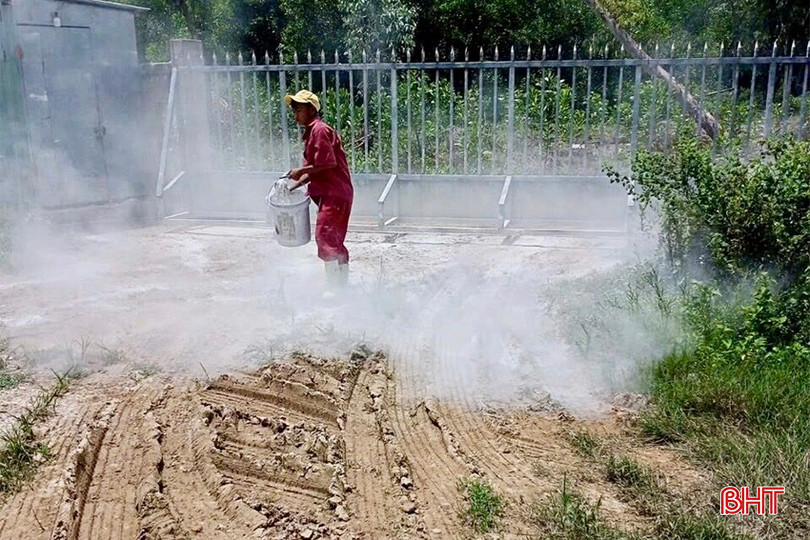
According to the recommendations of the industry, after storms, livestock farmers need to pay special attention to cleaning and disinfecting barns, and absolutely do not use polluted water sources. At the same time, it is necessary to supplement vitamins, minerals, digestive enzymes, and electrolytes to help livestock recover and increase resistance.
In particular, Ha Tinh is about to enter the transitional season, the upcoming cold rains in early winter can easily cause livestock to catch colds and respiratory and digestive diseases. Therefore, people need to proactively cover their barns, ensure the barn floor is dry, keep warm at night, and maintain a reasonable diet so that livestock can adapt well to the changing weather and coordinate closely with veterinary staff to monitor closely.
Source: https://baohatinh.vn/tang-suc-de-khang-cho-dan-vat-nuoi-sau-mua-bao-post297234.html


![[Photo] Opening of the World Cultural Festival in Hanoi](https://vphoto.vietnam.vn/thumb/1200x675/vietnam/resource/IMAGE/2025/10/10/1760113426728_ndo_br_lehoi-khaimac-jpg.webp)
![[Photo] General Secretary attends the parade to celebrate the 80th anniversary of the founding of the Korean Workers' Party](https://vphoto.vietnam.vn/thumb/1200x675/vietnam/resource/IMAGE/2025/10/11/1760150039564_vna-potal-tong-bi-thu-du-le-duyet-binh-ky-niem-80-nam-thanh-lap-dang-lao-dong-trieu-tien-8331994-jpg.webp)



![[Photo] Discover unique experiences at the first World Cultural Festival](https://vphoto.vietnam.vn/thumb/1200x675/vietnam/resource/IMAGE/2025/10/11/1760198064937_le-hoi-van-hoa-4199-3623-jpg.webp)



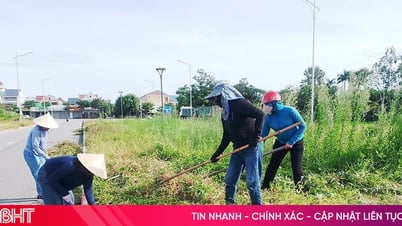




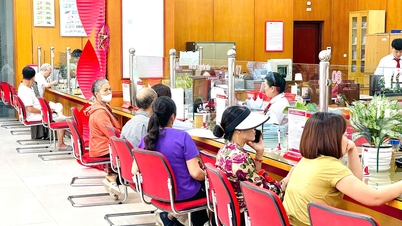



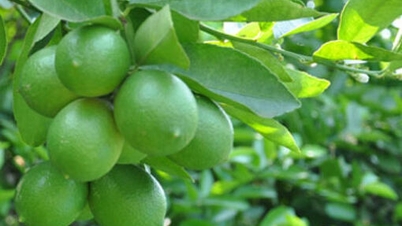






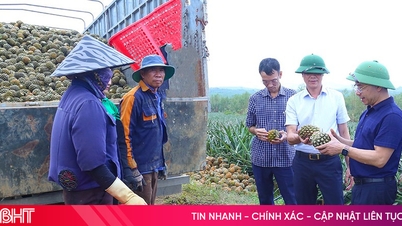


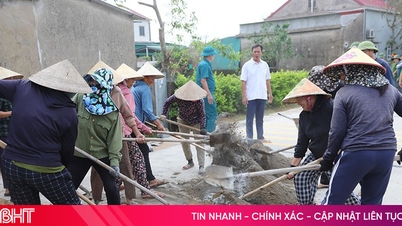


![[Photo] Ho Chi Minh City is brilliant with flags and flowers on the eve of the 1st Party Congress, term 2025-2030](https://vphoto.vietnam.vn/thumb/1200x675/vietnam/resource/IMAGE/2025/10/10/1760102923219_ndo_br_thiet-ke-chua-co-ten-43-png.webp)
































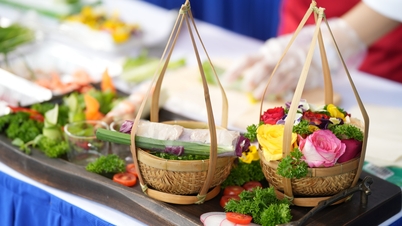
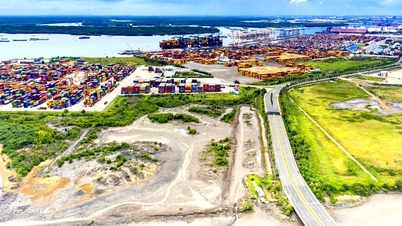










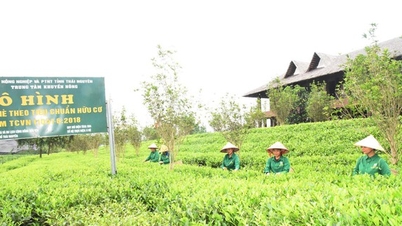
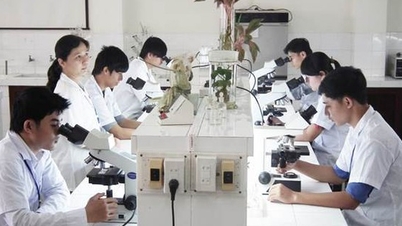






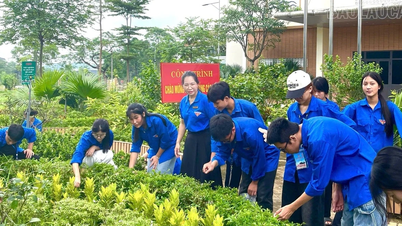














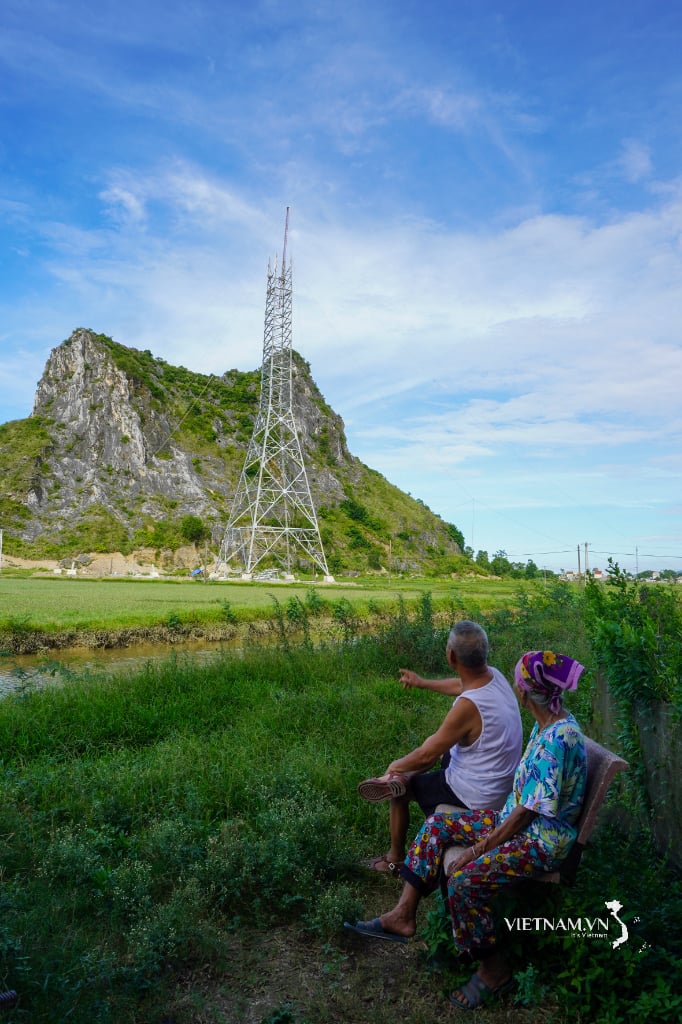
Comment (0)